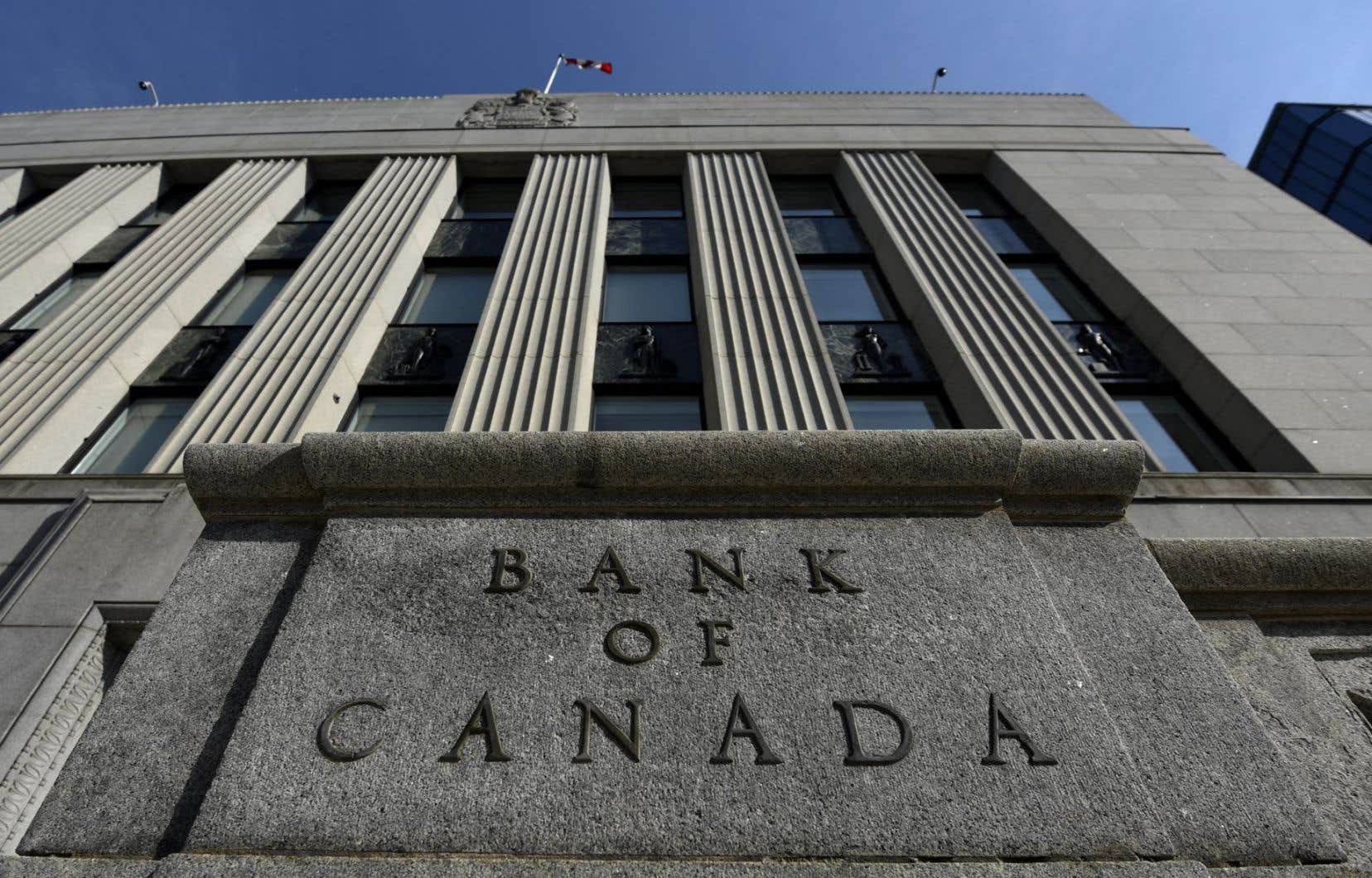A new study by the Canadian Center for Policy Alternatives (CCPA) concludes that the Bank of Canada’s strategy of rapidly raising its key interest rate in an effort to combat accelerating inflation is likely to lead to a recession.
According to the studyThe central bank has had a 0% success rate with this approach over the past 60 years. The analysis indicated annual inflation fell during this period by 5.7 percentage points on three occasions, each time after sharp interest rate increases and a recession.
The research institute notes that the central bank’s process of lowering inflation from 7.7% to a 2% target by rapidly raising interest rates could lead to significant “collateral damage,” including the loss of 850,000 jobs. He also called on the central bank to adopt a new policy on inflation to reduce these risks.
According to economist Jennifer Lee of BMO Capital Markets, rapid and aggressive increases will “certainly” lead to a significant slowdown in economic growth. “Whether this is an official recession or not, but it’s clearly going to be a major regression,” she explained. She also indicated that the central bank currently has few options to fight inflation.
David Doyle, head of economics at Macquarie Group, predicts a recession in 2023 in Canada and the United States. “We expect the contraction to be larger in Canada due to more severe structural imbalances, such as housing investment and consumer debt levels,” he said.
Canada is already experiencing a slowdown in economic growth and is even seeing layoffs in some sectors, such as technology.
Last week, Statistics Canada said it expected a 0.2% contraction in May’s GDP, amid weakness in the resources, manufacturing and construction sectors.
In its study, the CCPA indicated that the Bank of Canada could reduce the risk of sending the economy into recession by adjusting the inflation target to 4%. The study highlighted how the bank was able to avoid a recession when it aimed to make smaller cuts in inflation, allowing it in the past to introduce smaller rate increases over longer periods.
However, Doyle added that raising the inflation target to 4% would be a “bad idea”. “It would damage the credibility and independence of the Bank of Canada and create more uncertainty. It would also increase the risk of a hard landing scenario, in which there would be a lack of compliance with consumer and business inflation expectations.”
Let’s see in the video

“Alcohol scholar. Twitter lover. Zombieaholic. Hipster-friendly coffee fanatic.”

